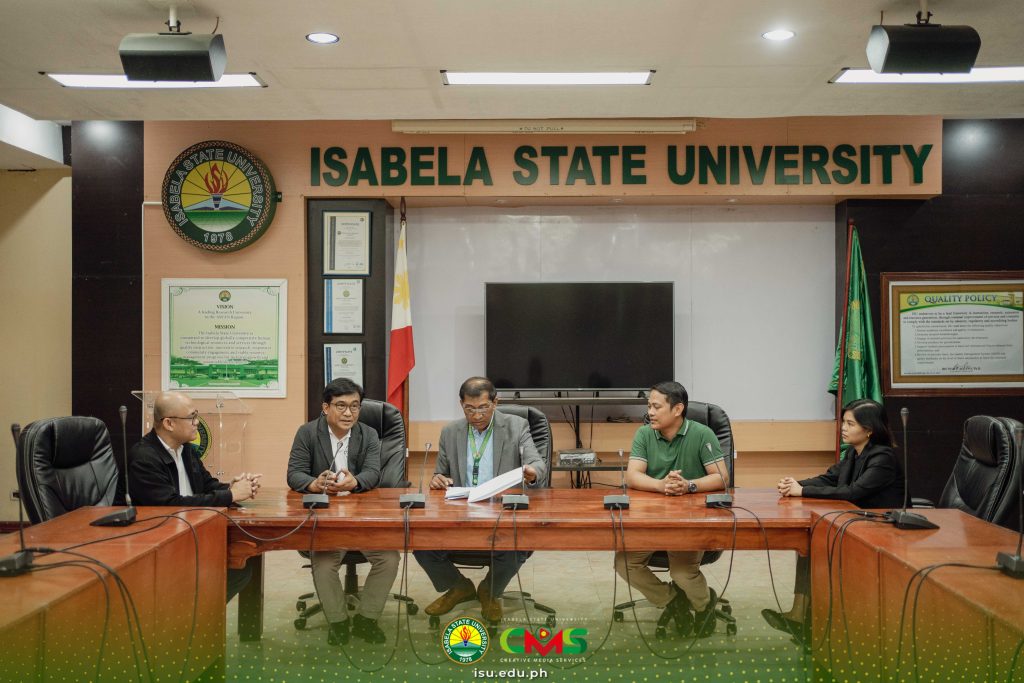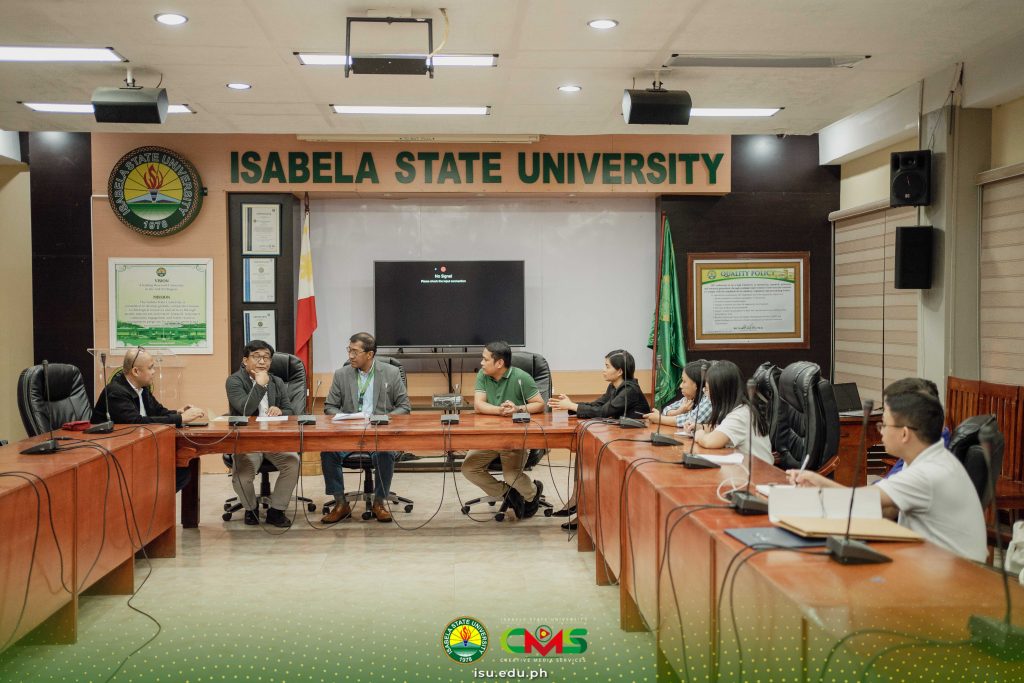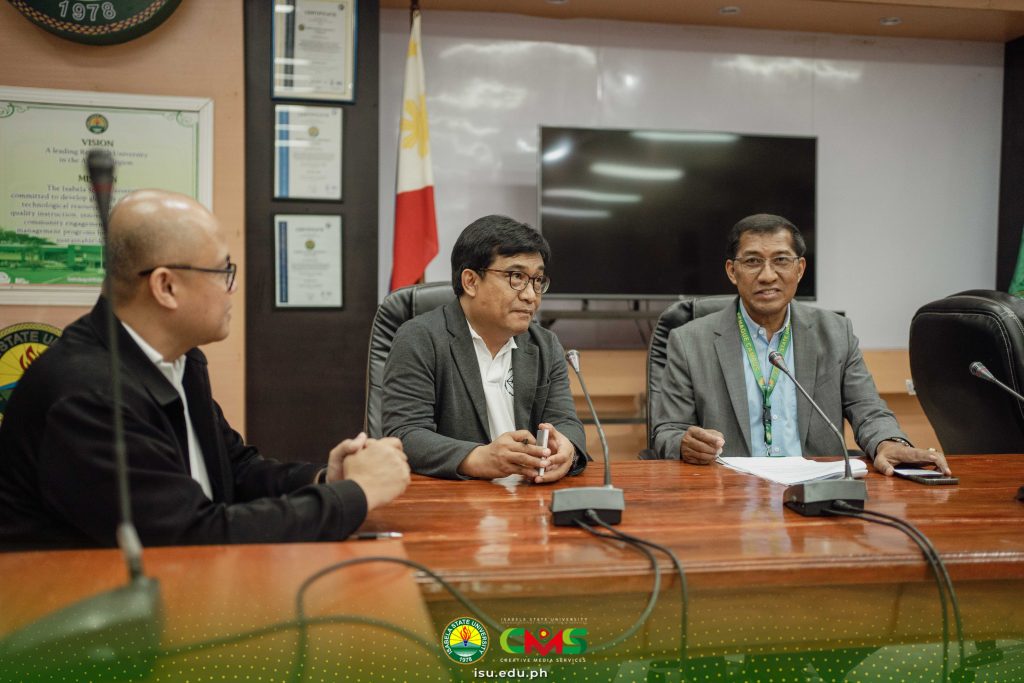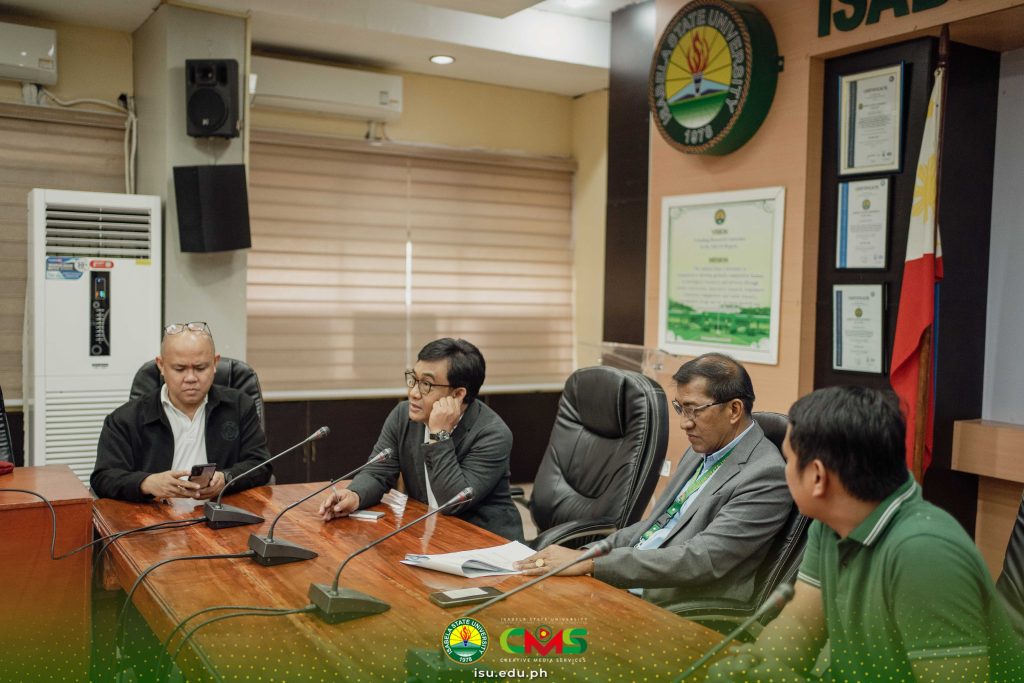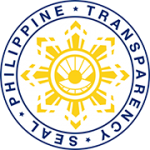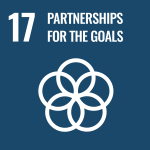ISU, PNVSCA Inks MOU to Mainstream Volunteerism
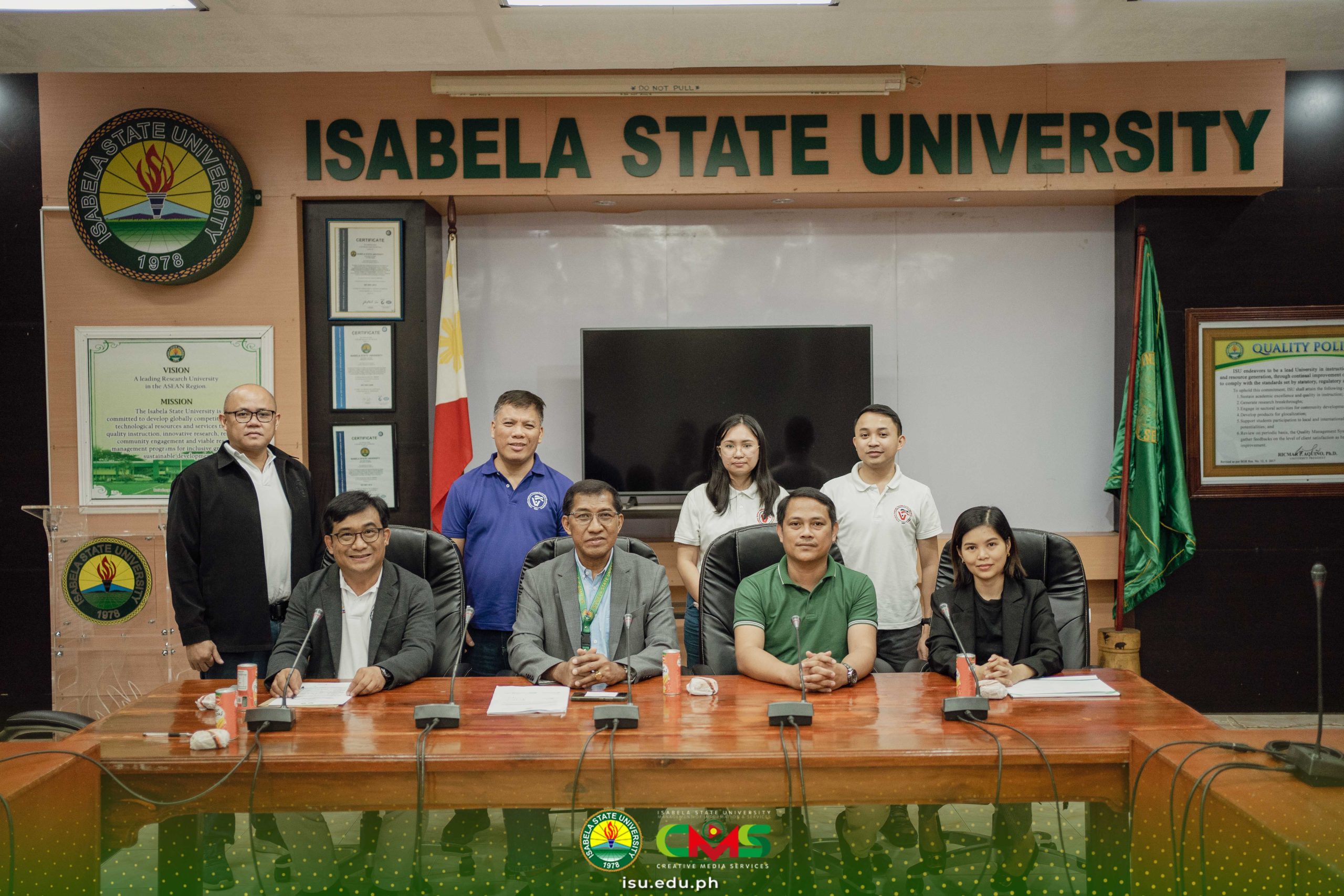
Isabela State University (ISU) and the Philippine National Volunteer Service Coordinating Agency (PNVSCA) entered a memorandum of understanding (MOU) on February 6, 2024, to mainstream volunteerism in the University as a way to achieve innovation and sustainable development. The signing ceremony was led by Atty. Romano P. Cammayo (Vice President for Administration and Finance Services, ISU) and Donald James D. Gawe (Executive Director, PNVSCA) as a sign of commitment to the partnership.
Through this understanding, ISU will be collaborating with PNVSCA to promote and advocate volunteerism for nation-building to academic and non-academic personnel, students, and alumni of the University. It also pledges to provide technical assistance to involve and engage the local government units (LGUs) and the social development sector in its initiatives.
Considering the strategic role of higher education institutions (HEIs) in development, Republic Act 9418 (Volunteer Act of 2007) mentions the integration of volunteerism in the education curriculum to raise the consciousness of the youth and develop the culture of volunteerism among citizens.
According to Executive Director Gawe, PNVSCA aims to help demystify the stereotypes of volunteerism and to help align the volunteer work of the community, especially students, to their own fields of expertise.
With this, Atty. Cammayo delivered the University’s commitment and enthusiasm through an effort to create an action plan to strategize the implementation of the MOU. He further expressed that the University is open to mobilizing its units and hosting any event in partnership with the PNVSCA.
PNVSCA is a government agency mandated to promote and coordinate volunteer programs and services in the Philippines; it is under the administrative supervision of the National Economic and Development Authority (NEDA). The Agency works to converge and link the different volunteering efforts and resources to align with national priorities and especially assist the marginalized sectors and communities.
